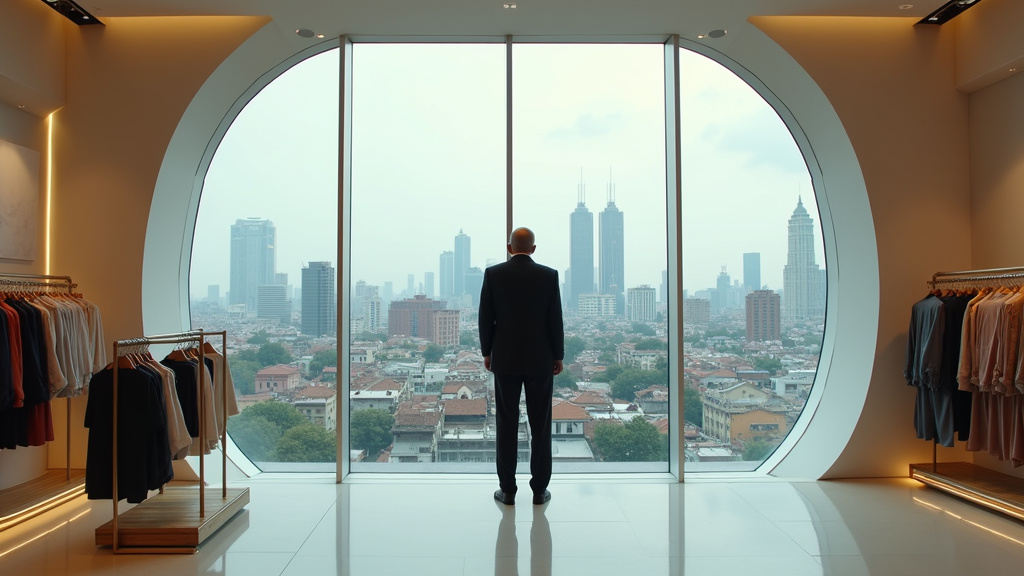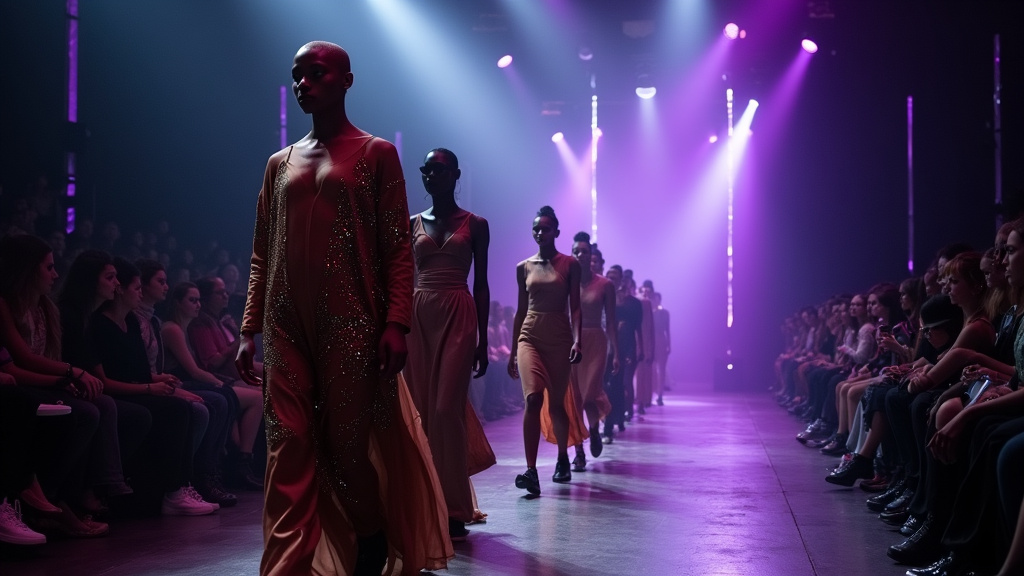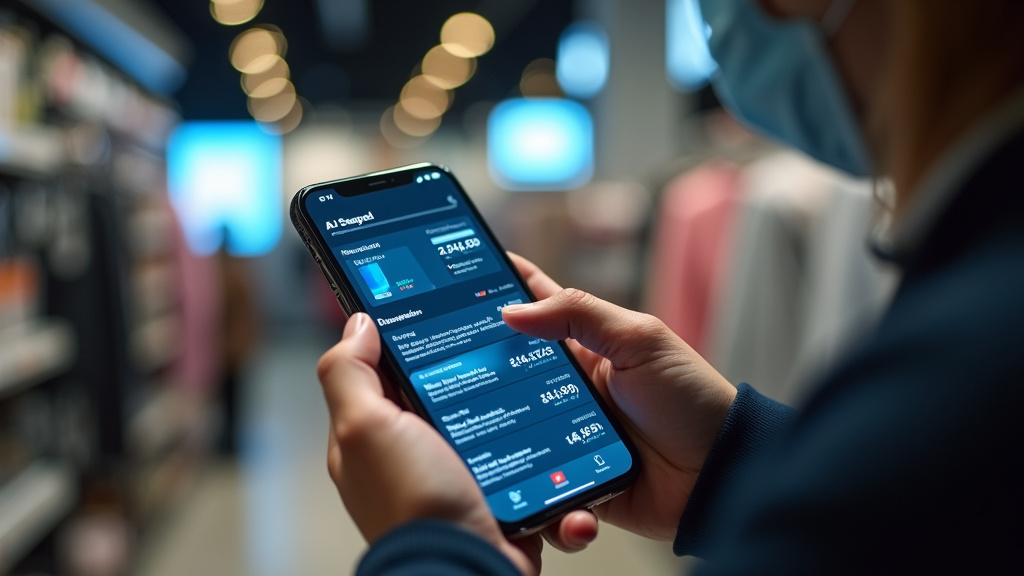In a significant move poised to reshape India’s dynamic retail landscape, global apparel retailer Uniqlo is actively pursuing an aggressive strategy to become the nation’s most trusted apparel brand. This bold ambition, articulated by top executives of its parent company Fast Retailing, signals a deeper commitment to the burgeoning Indian market, leveraging a distinctive blend of quality, customer-centricity, and strategic localization. The company, which entered India in late 2019, aims to solidify its position as a leading force in the country’s competitive fashion sector.
The LifeWear Philosophy at Core
Uniqlo’s foundational strategy in India is rooted in its ‘LifeWear’ philosophy – clothing designed for everyone, everywhere, emphasizing simplicity, functionality, comfort, and durability. This approach resonates strongly with Indian consumers who are increasingly seeking high-quality, long-lasting products over fast fashion trends. Fast Retailing’s visionary founder and CEO, Tadashi Yanai, has unequivocally stated the goal: “We aim to become the number one apparel brand in India.” This declaration is backed by a meticulous strategy that prioritizes deep understanding of the local consumer, unwavering focus on quality, continuous innovation, and sustainable practices. The brand views itself not merely as a fashion company but as a technology-driven entity, evidenced by its partnership with material manufacturers like Toray Industries for innovative fabric development.
Accelerating Expansion and Financial Strength
Despite entering the market relatively late compared to some global rivals and facing initial delays due to the COVID-19 pandemic, Uniqlo has demonstrated robust growth. In the fiscal year 2024 (ending March 2024), Uniqlo India reported a remarkable 25% increase in net profit, reaching approximately Rs 85.3 crore, alongside an over 30% jump in turnover to about Rs 824 crore. This financial strength underpins its accelerated expansion plans. The company has established around 15 stores across India in its first five years, including key locations in Delhi-NCR, Mumbai, and Chandigarh. Looking ahead, Uniqlo India’s CFO & COO, Kenji Inoue, indicated plans to accelerate store openings at an even faster pace, exploring both larger flagship formats and potentially smaller stores to broaden its reach. The brand has also expanded its e-commerce capabilities, delivering to 17,000 pin codes across the country, ensuring wider accessibility of its trending products.
Deepening Local Roots: Sourcing and Community Impact
A critical pillar of Uniqlo’s trust-building strategy in India is its commitment to localization. The company is significantly increasing its local production and sourcing, with a target of 18% local sourcing by 2025. This move is not just about cost efficiencies but also about understanding market nuances and building a sustainable operation that resonates with Indian consumers. Uniqlo is expanding its network of production partners in India, with plans to collaborate with approximately 20 manufacturers to cater specifically to the domestic market.
Beyond its commercial endeavors, Uniqlo is also investing in social impact initiatives. A notable example is its partnership with Plan International to launch a Job Oriented Vocational Training Centre in Delhi. This first-of-its-kind initiative aims to empower underprivileged youth by providing them with essential technical and business skills, reflecting Uniqlo’s broader commitment to contributing to local communities and society.
Owning the Customer Experience and Future Outlook
Uniqlo differentiates itself in the Indian market by choosing to avoid third-party e-commerce marketplaces. Instead, it focuses on its proprietary website and app for online sales, a strategy aimed at maintaining full control over the customer experience, product presentation, and pricing. According to Nidhi Rastogi, Marketing Director at Uniqlo India, this approach ensures a seamless and distinctly Uniqlo journey for every customer, both online and offline, while upholding its premium brand positioning.
India is a crucial market for Fast Retailing’s global ambition of becoming a 10 trillion yen company. The country’s robust apparel market, estimated at Rs 4,82,728 crores in 2023 and projected to more than double by 2030, presents immense opportunities. Uniqlo’s focus on quality, affordability, and essential styles aligns perfectly with evolving Indian consumer preferences. By prioritizing customer satisfaction, local adaptation, and sustainable practices, Uniqlo aims to set a new benchmark for success, potentially redefining how global retail players approach the Indian market and fostering a greater demand for top-tier, reliable apparel brands.





